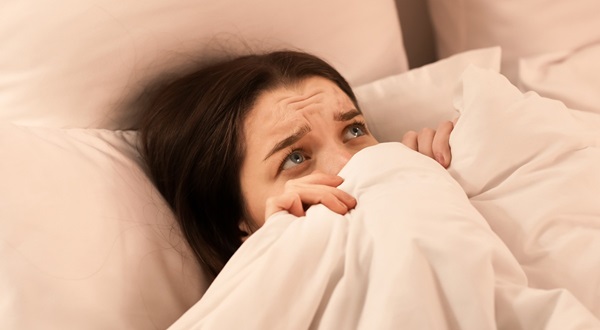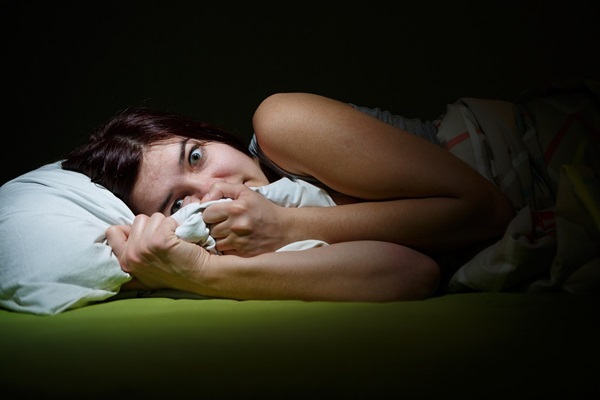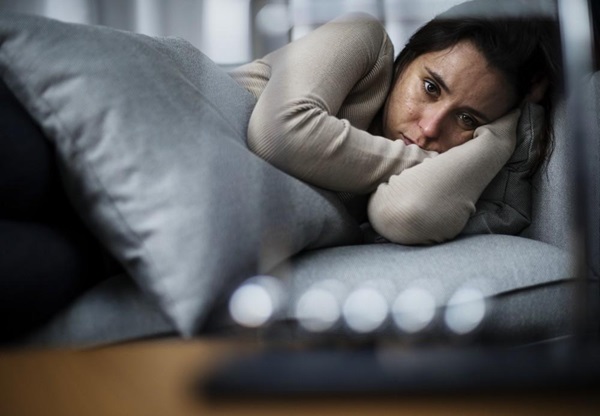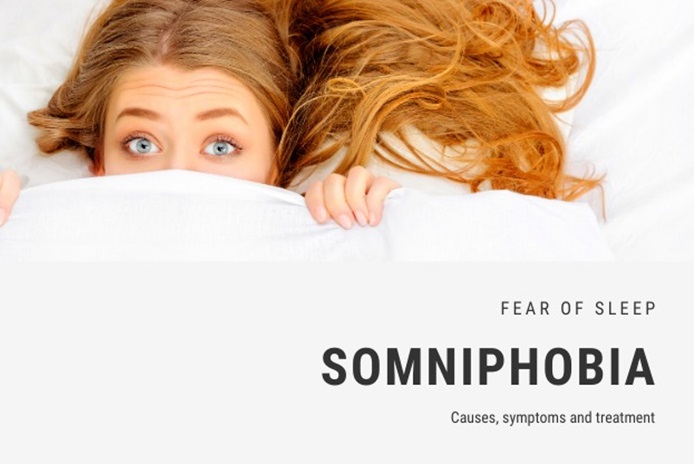Some people get scared of things that others don’t find scary, like clowns, spiders, or being up high. These strong fears of seemingly normal stuff are called specific phobias, and they affect about 12% of grown-ups at some time. Some phobias may have a significant impact on daily life. For example, someone with Somniphobia, or a fear of falling asleep, can feel super anxious about bedtime, which could cause lasting problems.
Short Description of Somniphobia
Somniphobia is a condition of being afraid to fall asleep. It can occur when normal worries about sleep become a really big fear. Somniphobia can become worse due to night terrors or problems with sleeping.

Feeling super scared or anxious about sleep can affect your health in a big way. Somniphobia can disrupt the normal cycle of sleep and recovery, making people feel upset and exhausted.
There are many reasons why someone might develop somniphobia. For some individuals, it can cause serious health issues that need medical help. Even though it messes with how good someone’s life is, not enough people get diagnosed with it or understand it well.
What are the causes of Somniphobia?
The reasons behind phobias, including somniphobia, are unclear. Generally, it is believed that a combination of genetic and environmental factors usually develops phobias in childhood. Similarly, they might be more likely to occur if someone in your family has them, either because of genes or because of similar life experiences. They’re more common in girls and can happen along with other anxiety problems.

Feeling anxious at bedtime or being afraid to fall asleep is a common symptom of nightmare disorder and post-traumatic stress disorder (PTSD). These both usually come after experiencing something traumatic. People with these conditions might be scared of falling asleep because they don’t want to have bad dreams related to their trauma or because they feel unsafe while they’re asleep.
Recurrent isolated sleep paralysis is another sleep disorder associated with somniphobia, in which the person can’t move for a short time when they’re falling asleep or waking up, and they might see things that aren’t there. It’s natural for these experiences to cause stress and make someone anxious about sleeping.
What are the symptoms of somniphobia?
Getting good sleep is really important for staying healthy, however, if you have somniphobia, just the idea of sleeping can be upsetting. In many cases, this fear isn’t so much about sleep itself, but more about worrying about what might happen while you’re asleep.
Avoiding sleep entirely isn’t possible, since your body needs it. Even if you have had homophobia, you still probably manage to get some sleep most nights. But it might not be very good sleep. You might wake up a lot and find it hard to fall back asleep.

Moreover, other signs of somniphobia include how people try to cope with it. Some might keep light on, watch television, or listen to music to distract themselves. Others may rely on substances such as alcohol to try to feel less scared about sleeping.
Mental health symptoms:
- Finding it difficult to concentrate on anything other than worries about sleep
- Feeling scared and anxious at the thought of sleeping.
- Feeling upset as bedtime approaches.
- Feeling irritable or having mood swings.
- Trying to avoid going to bed or staying awake for as long as possible.
- Having panic attacks when it’s time to sleep.

